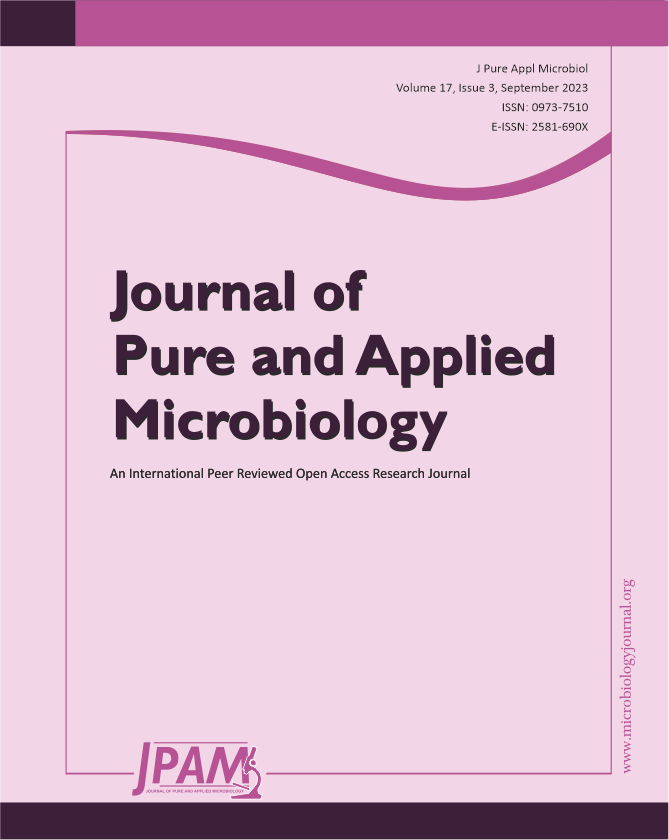Gordonia sp., Rhodococcus, Paenibaccilus, Mycobacterium and many other desulfurizing strains have shown good potential for dibenzothiophene (DBT), 4, 6-Dimethyldibenzothiophene (4-6-Dimethyl dibenzothiophene) and other organosulfur biodesulfurization. These are microbes which have 4S pathway to remove S from remaining calcitarant organosulfur compounds even after deep desulfurization. Sulfur compounds present in crude oils, diesel and petrol when combust in engines they emerge out in the form of elemental Sulfur, which causes environmental and health problems. Therefore, efforts are going to remove this Sulfur compounds by Hydrodesulfurization (HDS) treatment. Some organosulfur compounds remain there even after HDS, which can only remove by highly evolved microbes residing nearby petroleum-contaminated areas in refineries zone. Nature has such adopted and evolved microbes for the bioremediation of such toxic substances. Here we have isolated and characterized highly evolved and adopted Biodesulfurizing microbes present around oil refineries in Kingdom of Saudi Arabia and prepare the culture collection of such highly evolved and adopted biodesulfurization microorganisms for future application of applied Industrial petroleum refineries, which can reduce the Sulfur load in the petroleum products. The several (10 different types) microbes have been reported in these soils to grow in sulfur compounds. Out of these microbes one microbe desulfurizes by 4S pathway. It was identified to be Rhodococcus erythropolis type named as Rhodococcus erythroplis KAU10. They show good potential for various organosulfur compounds (DBT, 2,4,6-Trimethyl Benzothiophene, Benzothiophene, Dibenzyl sulfide, Benzonaphthothiophene, Dibenzothiophene sulfone, along with crude oil and Petrol and Diesel. Isolated strain Rhodococcus erythroplis KAU10 have good potential for Biodesulfurization.
Biodesulfurization, Isolation, Characterization, Rhodococcus erythroplis KAU10, 4S Pathway
© The Author(s) 2023. Open Access. This article is distributed under the terms of the Creative Commons Attribution 4.0 International License which permits unrestricted use, sharing, distribution, and reproduction in any medium, provided you give appropriate credit to the original author(s) and the source, provide a link to the Creative Commons license, and indicate if changes were made.


